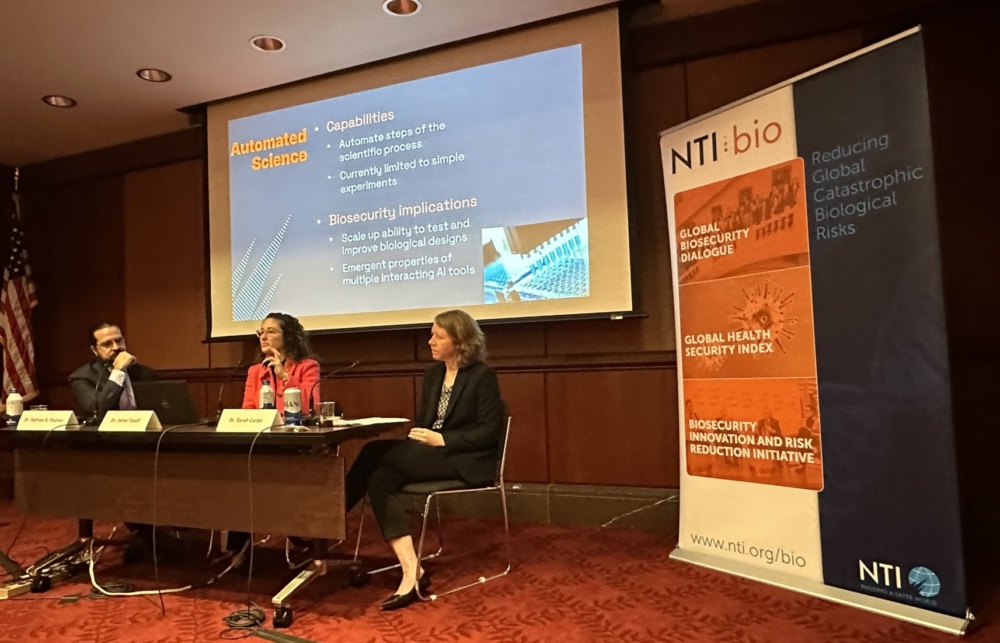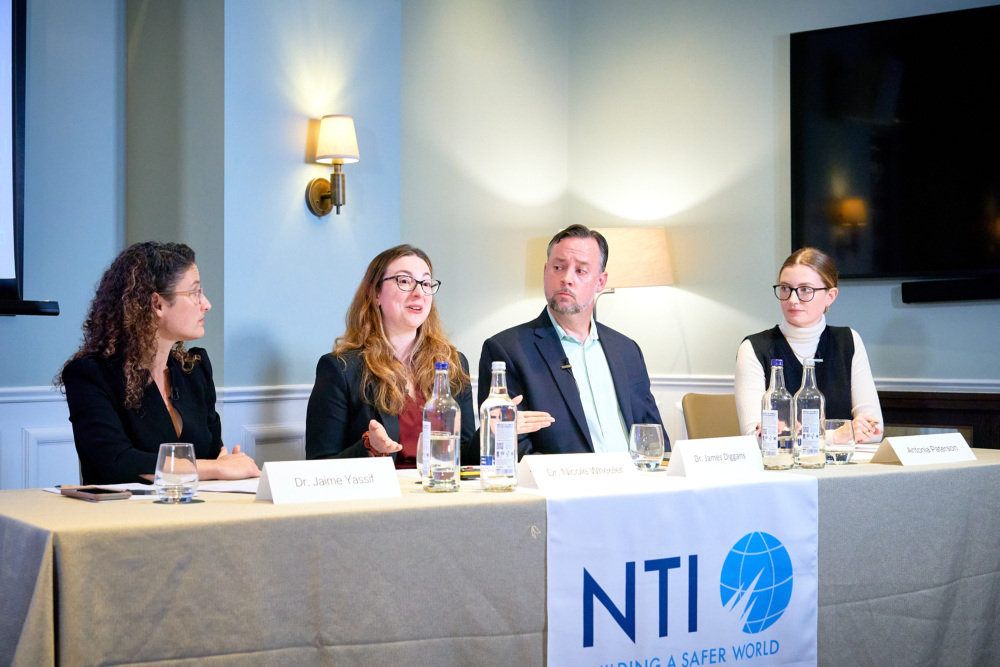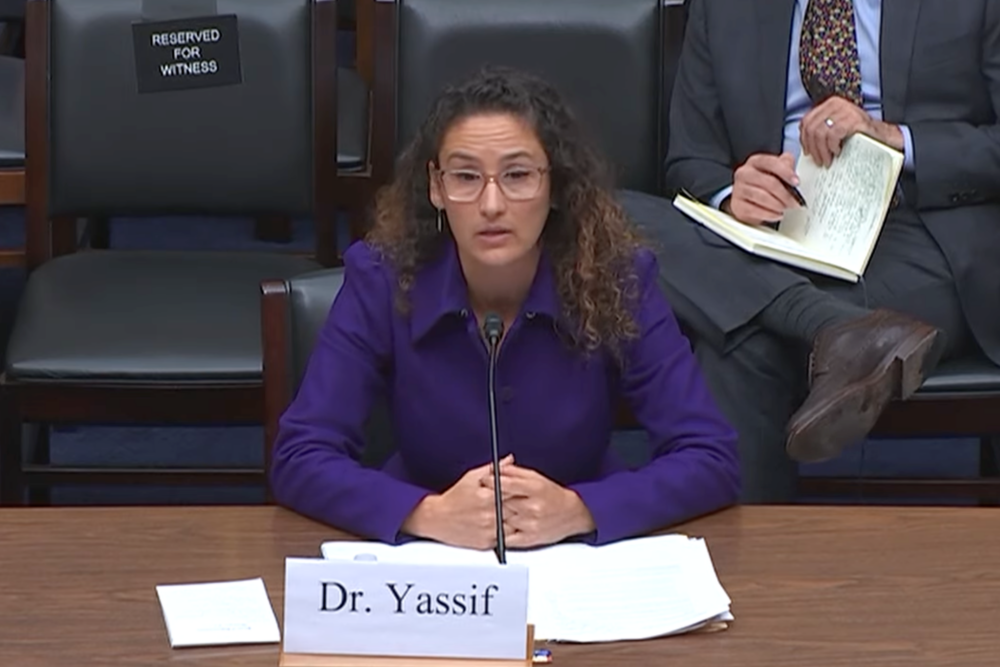Advances in life science research and technology development hold promise for public health, economic development, and many other domains. At the same time, it is it increasingly important to establish effective guardrails to prevent accidental or deliberate misuse of the knowledge, tools, and methods generated through life science research.
To help the field identify practical solutions amidst a rapidly-evolving bioscience landscape, NTI | bio supported the development of Stanford University’s Bio Policy & Leadership in Society Initiative’s The Biorisk Management Casebook: Insights into Contemporary Practices, a new landmark report highlighting the importance of sharing biosecurity and biosafety best practices for life science research.
The Biorisk Management Casebook is the culmination of more than two years of research, including consultations and interviews with more than 70 experts and practitioners with deep expertise in managing biosecurity and biosafety risks. It identifies key challenges and opportunities for sharing risk management practices that sometimes involve sensitive information.
An accompanying collection of case studies spotlight the risk management practices of eight organizations involved in life science research—providing a how-to for organizations facing similar challenges and demonstrating how sharing information and best practices can strengthen the field.
The process of developing the report has generated a network of stakeholders committed to sharing and testing strategies to enhance safety and security across the field of life science research. The series of insights collected in this Casebook can be used by global organizations such as the International Biosecurity and Biosafety Initiative for Science (IBBIS) to improve biosafety and biosecurity risk practices and advance norms in this field.
The report is the product of the Visibility Initiative for Responsible Science (VIRS), a project conceived by a multi-stakeholder group that included funders, publishers, and researchers during a 2019 workshop of NTI’s Biosecurity Innovation and Risk Reduction Initiative (BIRRI).





